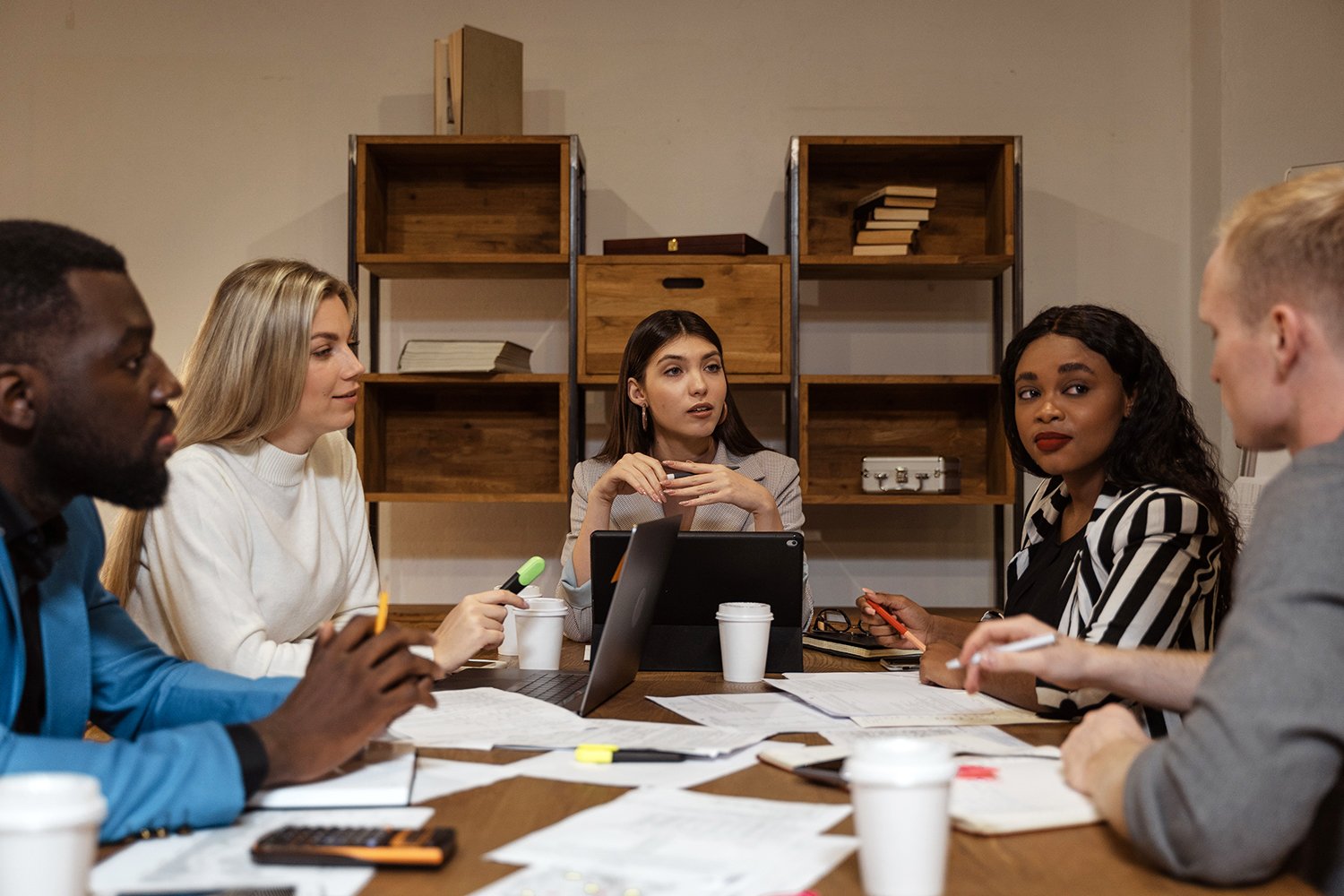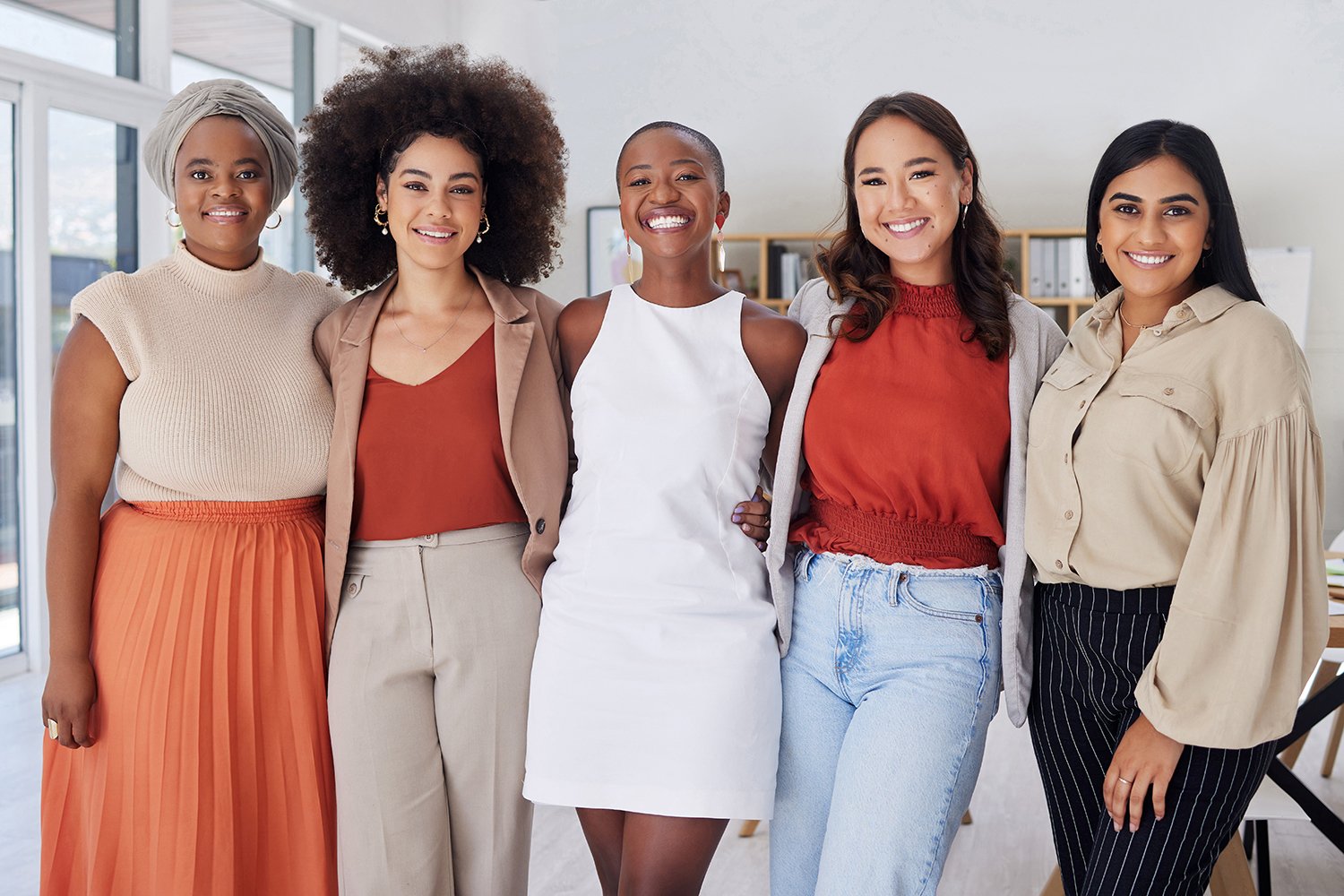Fundraising through a Latina Lens
Amplifying the voices of women of color in fundraising and philanthropy, as they share their personal thoughts on relevant topics.
By: Rosann Santos, WOC member and Founder of Latinas in Higher Education
Working at a Hispanic Serving Institution has allowed me a certain privilege to work with an educated, diverse, socially conscious community of colleagues and students who care about similar issues. Though I am new to fundraising, I have over 20 years of experience in the higher ed space. I navigate that space with a certain ease and confidence. Since my limited fundraising experience would not do this article justice, I used my network to understand the fundraising lens from other Latinas’ points of view. There was nothing rose-colored about those lenses. I uncovered a mixed bag of “- isms” that had all of them second-guessing their decisions to remain in the profession. They stay for two reasons: commitment to their communities and mentors or allies who came to their defense and helped them see past the racism, sexism and ageism.
Latinas want to do more and are sitting in plain sight. I recommend taking that work ethic and those high-level language and planning skills to the next level.
The communities they advocate for look nothing like the people who run the organizations or the donors who make gifts. “The face of the foundations didn’t represent the face of the communities they were trying to serve,” said one Latina fundraiser. Another stated, “The white woman savior mentality is real, along with a POC as a token.” If the fundraisers look like the people who need the help, it confuses those in power, revealing the biases that plague the field. Some declared that fundraising and philanthropy is a racist and classist space. Stolen ideas, accusations of being angry black women, and being passed over for promotions are part of these women’s collective experiences. One reminded me that relationships lead to donations so why don’t we see major gift officers or high-level staff of color who have demonstrated excellent relationship building skills?
People of color are more sensitive to their own community’s needs and therefore can share those stories just as well, if not better, than someone outside the community. This is why storytelling is such an important skill in fundraising. Keeping that logic in mind, one would think that women of color would be indispensable to the profession. But the reality is, as one contact put it bluntly, “we look great on paper and have excellent skills. We don’t have the rolodex or social capital that allows us to call a friend or a parent for a sizable check.” So why do Latinas remain in fundraising? Throughout each of my conversations, I felt compelled to ask that question.
The indomitable passion for their communities was the impetus. One respondent felt strongly that if she left, things would get worse because organizations and their white leaders did not truly understand the communities they fundraised for. Her colleagues left the city during Covid-19, renting homes upstate or staying in remote second homes, while she continued to live in the epicenter. So, if not her, then who?
People of color are more sensitive to their own community’s needs and therefore can share those stories just as well, if not better, than someone outside the community.
Mentors and allies also made a difference for Latinas who choose to remain in the field. These women felt strongly about the positive impact of mentorship and allyship. They shared instances of white colleagues and leaders coming to their defense and speaking up publicly about any bias that devalued their abilities or competence. One woman recounted that her entire team marched into the HR office after a white staffer called one of her colleagues “ghetto.” All for one and one for all was the sentiment. To their credit, it worked.
Where do we go from here? From where I stand, the Latinx community needs to be educated about what it means to be philanthropic. Like the Black community, we give to the church. We buy Girl Scout Cookies and purchase whatever our nieces and nephews sell for their school fundraisers. However, there are many with the capacity to give at a larger scale. As one Latino donor once told me, “I’ve never been asked to donate.” When I finally asked, he gave a sizable donation. Understanding the Latina fundraising space also means understanding that Latino-based organizations can have pitfalls. Some perpetuate patriarchal models, complete with gender biases that limit Latinas, especially younger ones, due to ageism, sexism and mansplaining. I also discovered that Latinas running for office are hampered by a lack of donations, curtailing their ability to enter a race. This must change. Representation matters.
If organizations do not provide the opportunities that Latina fundraisers deserve, they will resign, or worse, walk away from the profession. Latina fundraisers are savvy, multilingual professionals, who, for better or worse, serve to the bitter end. This deep work ethic is taken for granted. Latinas want to do more and are sitting in plain sight. I recommend taking that work ethic and those high-level language and planning skills to the next level. Start your own organizations and foundations. There’s nowhere to go but up.
Rosann Santos, Director of Alumni Relations, John Jay College of Criminal Justice
Born and raised in the Bronx to Dominican parents, Rosann has her Bachelor’s Degree in History and Mathematics from Syracuse University where she was a founding member of Sigma Lambda Upsilon/Señoritas Latinas Unidas Sorority, Inc. She has a Master of Arts degree in history from the University at Albany.
Currently serving as the Director of Alumni Relations at John Jay College of Criminal Justice, and an adjunct faculty member in the Latin American Studies Department, Rosann has worked in higher education for over 20 years. She is now a career motivational keynote speaker, coach and founder of Latinas in Higher Education, Inc.
Throughout her career, she has been trained on conflict resolution, crisis management, strategic development, assessment and is a trained and certified Gallup StrengthsQuest facilitator and coach. She is an entrepreneur, fundraiser, and considers herself an exceptional communicator.
Rosann still lives in the Bronx with her 13 year old son Ethan where she also serves on the Board of Directors for Emblaze Academy Charter School in the Mott Haven section of the Bronx.
Content may not be reproduced without permission of Women of Color in Fundraising and Philanthropy.®





